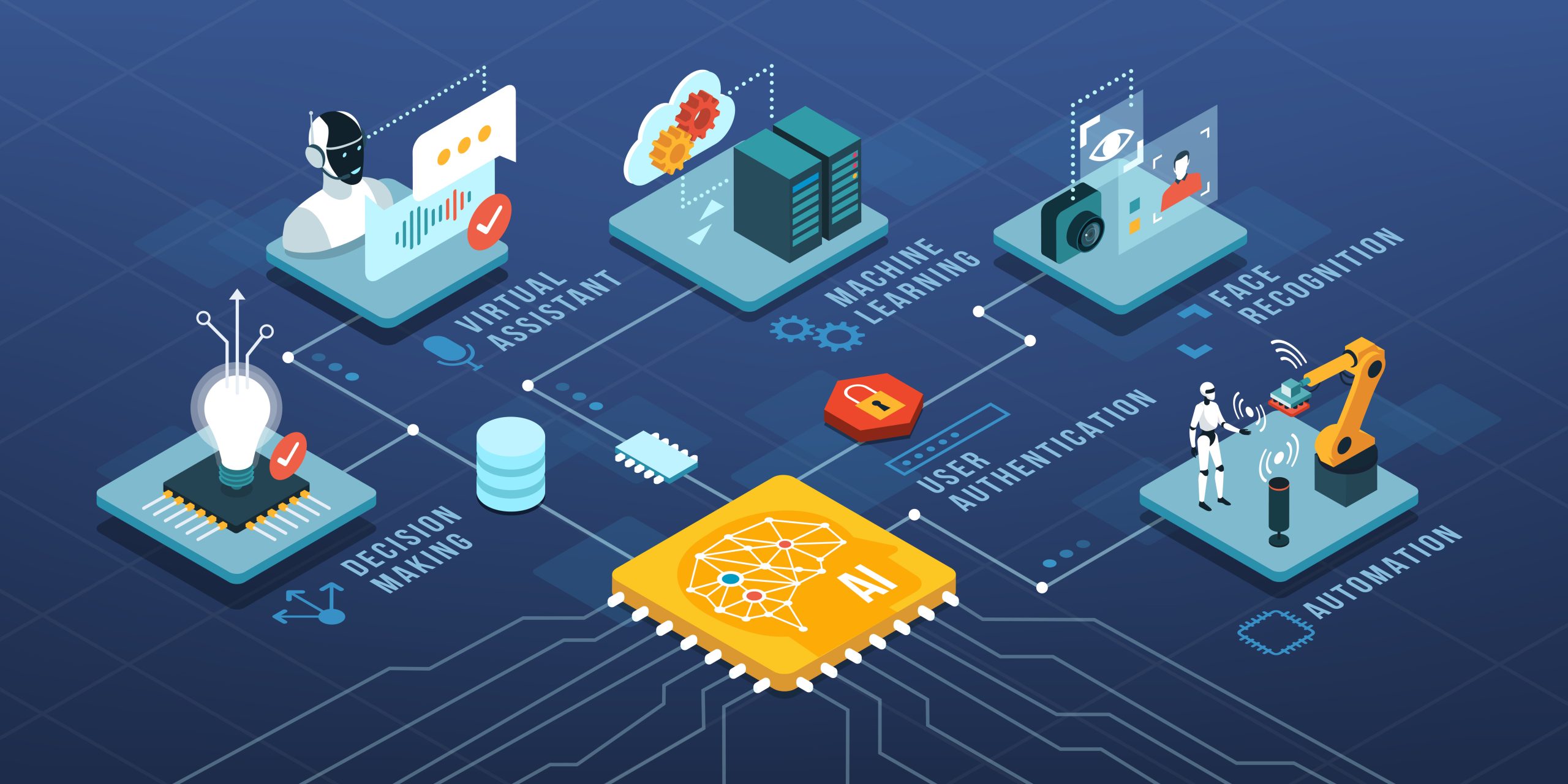
Sustainability has become an important focus in every sector in today’s world, and the manufacturing sector is not exempt from this trend. Industry 4.0 is leading the development and implementation of sustainable production processes. In this blog, we will examine the strategies that Industry 4.0 offers for sustainable production and what kind of transformation these technologies can create.
The Role of Industry 4.0 in Sustainable Production
Industry 4.0 aims to reduce waste and emissions while optimizing resource use with smart factories and automated production processes. Tools such as artificial intelligence (AI), big data analysis, Internet of Things (IoT) and robotics enable production processes to become more efficient and environmentally friendly.
Energy and Resource Management
Industry 4.0 technologies can monitor and analyze energy and raw material usage in real time. This allows businesses to make the necessary adjustments to reduce energy consumption, minimize waste production and increase resource efficiency. For example, smart grid systems balance energy demand and supply, thus preventing energy waste.
Waste Reduction and Recycling
Artificial intelligence-supported production processes help reduce waste at every stage, from product design to manufacturing. Additionally, IoT devices enable tracking of used products and materials, increasing recycling and reuse opportunities. In this way, the transition to a circular economy becomes easier and a sustainable production model is supported.
Smart Logistics and Supply Chain Management
Industry 4.0 also provides sustainability in supply chain and logistics processes. Smart logistics solutions reduce carbon footprint by optimizing transportation and storage processes. Additionally, blockchain technology increases transparency throughout the supply chain and promotes sustainable sourcing.
Product Lifecycle Analysis
Industry 4.0 technologies evaluate the environmental impacts of products from the design stage. Product life cycle analysis calculates the environmental footprint at all stages, from material selection to energy consumption during use and eventual recycling. This helps develop more sustainable products.
Industry 4.0 is a powerful tool for sustainable production. The correct use of technology can reduce the environmental impact of production processes, increase resource efficiency and contribute to a sustainable future. Smart production systems, energy and resource management, waste reduction and recycling, smart logistics and supply chain management, and product life cycle analysis are the cornerstones of Industry 4.0 strategies for sustainable production. In this journey, businesses and society need to take proactive steps and adopt innovative solutions.
